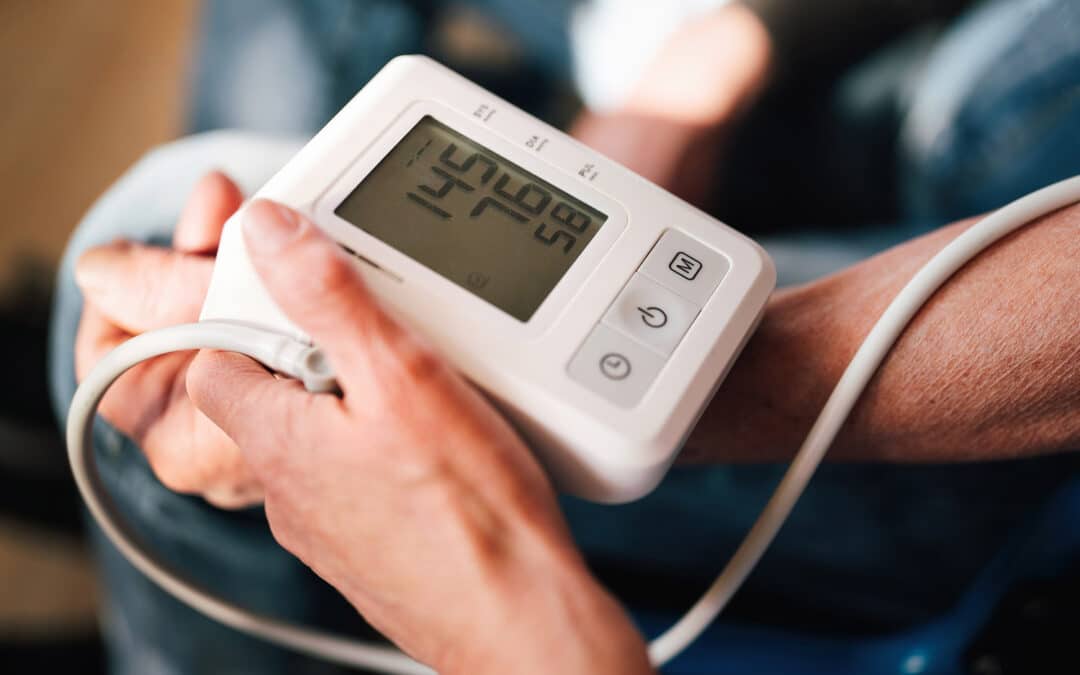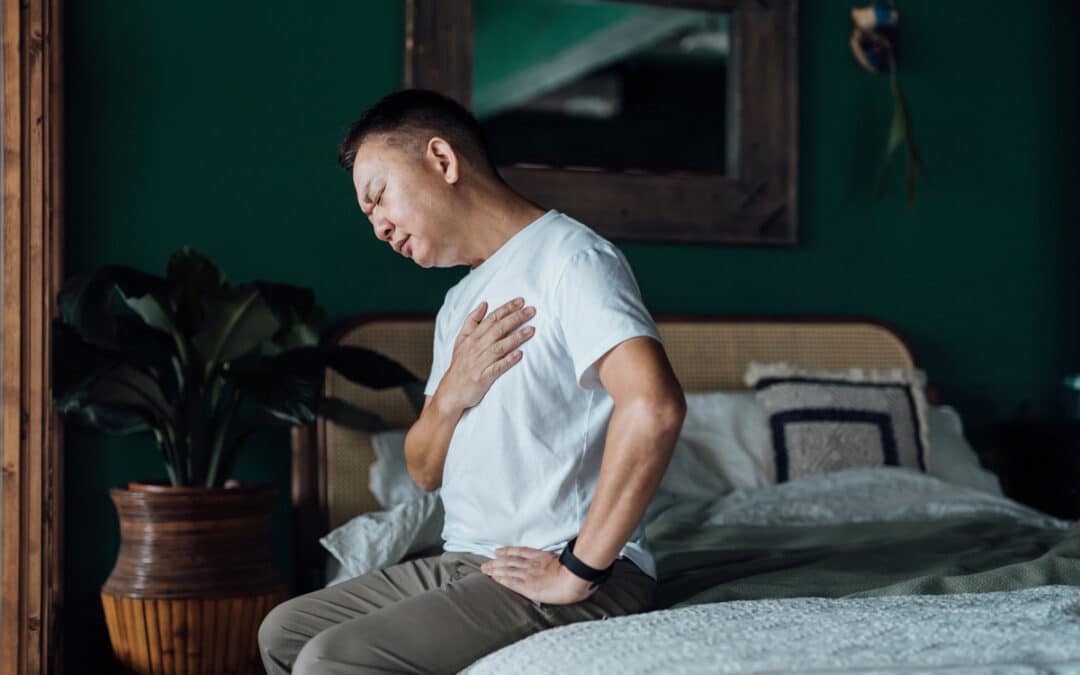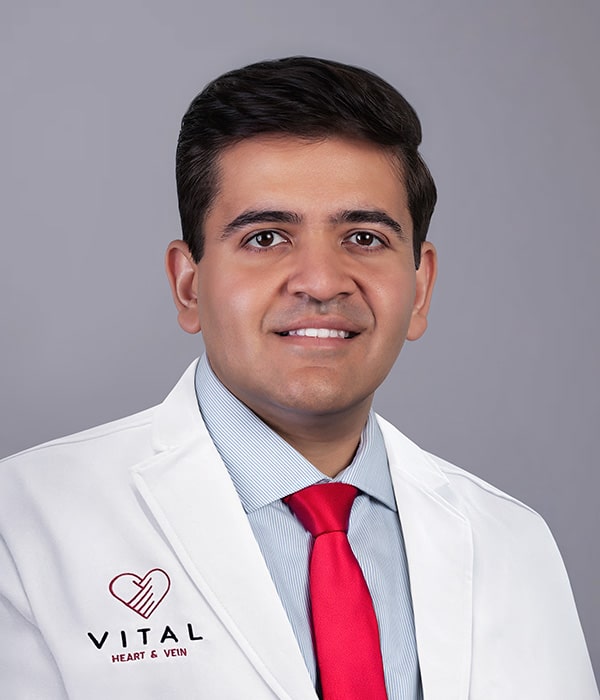With temperatures soaring above 100 degrees, it’s crucial to understand the impact of extreme heat on your body — especially your heart. Dr. Nidal Ganim from Vital Heart & Vein is here with expert advice to ensure you stay safe and healthy during these harsh summer days.
Watch our informative video where Dr. Ganim outlines essential strategies to beat the heat:
- Hydration is Key: Water isn’t just a refreshing beverage; it’s your most critical ally against heat stress. Make sure to drink plenty of fluids even before you feel thirsty. This simple step can be your first line of defense.
- Seek Respite: Don’t overexert yourself. Regular breaks indoors can help your body cool down and prevent overheating.
- Dress Appropriately: Opt for clothing that is light-colored, lightweight, and breathable. This will help your body maintain a normal temperature.
- Know the Signs: Be vigilant for any warning signs of heat stress, such as dizziness, nausea, headaches, or a rapid pulse. Recognizing these symptoms early on can help you take quick action to cool down.
Dr. Ganim emphasizes that those with heart disease, diabetes, or individuals taking GLP-1 medications for weight loss need to be extra cautious. The combination of medications and the heat can alter your response to high temperatures.
In our exclusive video segment, Dr. Ganim discusses the risks associated with these factors, stating:
“GLP-1 drugs, while effective for diabetes and weight loss, can influence your blood sugar levels. If you’re not regularly monitoring your blood sugar, you might not detect the highs or lows that could aggravate heat-related issues.”
Regardless of your health status, it’s important to take the heat seriously. For those at higher risk, Dr. Ganim urges:
“If you feel something isn’t quite right, give yourself a moment to pause. Cool down, hydrate, and if symptoms continue, don’t hesitate to seek medical assistance.”
Armed with this knowledge and Dr. Ganim’s advice, you can enjoy your summer safely. Stay informed, stay hydrated, and stay healthy.






